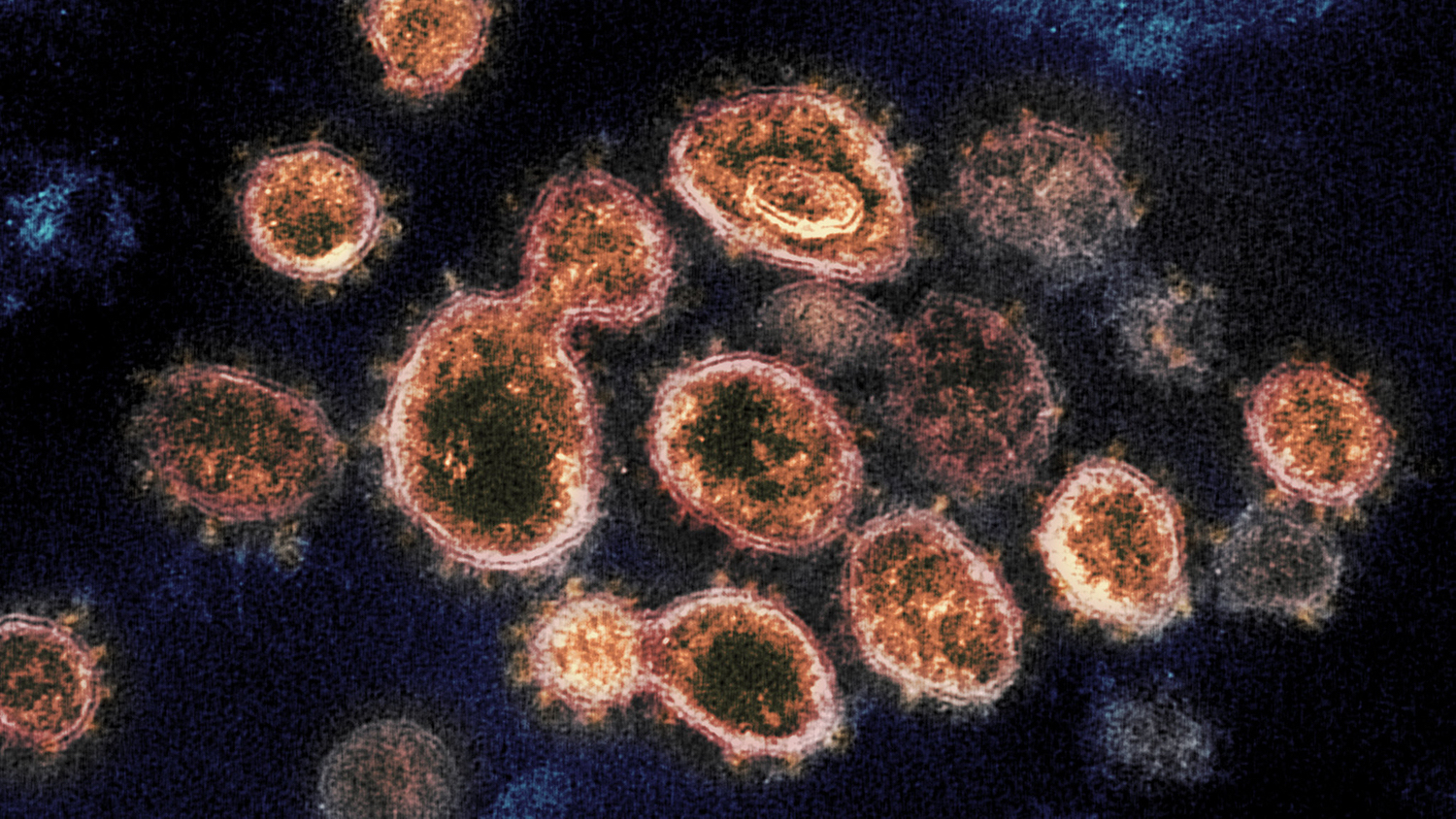Antimicrobial Tissue Paper Could Help Fight the Spread of COVID-19 and Other Infectious Diseases

Infectious diseases are a leading cause of death worldwide, killing more than 17 million people each year. And while modern advances like antibiotics and vaccines have conquered many diseases, the global COVID-19 outbreak shows just how vulnerable we remain.
At NC State’s College of Natural Resources, researchers have developed a new tool that could someday help prevent the spread of COVID-19 and other infectious diseases: antimicrobial tissue paper.
“This tissue paper has the potential to be one of the most innovative products for the hygiene industry,” said Dr. Lokendra Pal, an Associate Professor in the Department of Forest Biomaterials. “It can prevent infectious diseases and provide a sustainable and low-cost personal hygiene product to those who normally may not have access.”
Seeking a sustainable and affordable alternative to the petroleum-based plastics found in many antimicrobial products, Pal and other researchers applied a composite coating of chitosan — a sugar that is obtained from the outer skeleton of shellfish — and cellulose nanocrystals — unique nanomaterials derived from cellulose, a substance found in the walls of plant cells — to sheets of recycled tissue paper.
Pal said the coating ultimately acts as an antimicrobial and strength agent. Antimicrobials are natural or synthetic substances used to kill or slow the growth of microorganisms — bacteria, viruses, parasites and fungi. Today, these substances can be found in medicines, pesticides and even hygiene products like soaps and hand lotions.
By testing E. Coli cultures and residual bacteria samples from participants who had wiped their hands following a visit to the restroom, the researchers hypothesized that the rigid, narrow cellulose nanocrystals cause significant cell membrane damage when encountering bacteria. This allows the chitosan to enter the cell and cause more damage, inhibiting the growth of E.coli by up to 99%.
Pal and his fellow researchers not only want to help others close to home by creating such a product, but they envision distributing the tissue paper worldwide by partnering with nonprofits, humanitarian groups and local governments in developing countries.
Research shows that rural populations in developing countries often lack access to basic hygiene products. In fact, about 1.6 million deaths per year are attributed to unsafe water, poor sanitation and lack of hygiene, including lack of access to soap.
Many antimicrobial products are expensive to produce, according to Pal. But the composite coating used in his team’s tissue paper provides a significant increase in strength and absorbency, allowing for fewer paper fibers. This could offset the overall cost of the addition of antimicrobial agents.
Pal said the tissue paper also offers a more sustainable option for buyers. Unlike other hygiene products that contain petroleum-based plastics and litter the environment, the antimicrobial tissue paper is biodegradable.
Future studies will focus on the fundamental understanding of how various pathogens are impacted by the composite coating, according to Pal. That includes coronaviruses.
According to the World Health Organization, coronaviruses are a family of viruses that cause illnesses ranging from the common cold to more severe diseases such as severe acute respiratory syndrome and the Middle East respiratory syndrome.
The ongoing COVID-19 outbreak is the first pandemic to be caused by a coronavirus and spreads through the air when an infected person coughs or sneezes. Studies show that the virus can survive on some surfaces for as long as three days.
Health officials are urging people to wash their hands with soap and water for at least 20 seconds, and if soap and water are not available, to use an alcohol-based hand sanitizer in order to prevent spreading the disease.
Pal and his fellow researchers believe that by including detergent in their tissue paper, it could very well remove the viral particles that attach themselves to surfaces — whether it’s your hands or countertops.
Additionally, the research team plans to study the antimicrobial potential of industrial hemp fiber. Their previous work found that hurds — the inner-core fiber of the hemp stalk — exhibit antimicrobial activity and could be used to manufacture nanofibrils, another form of nanomaterials derived from cellulose.
- Categories: